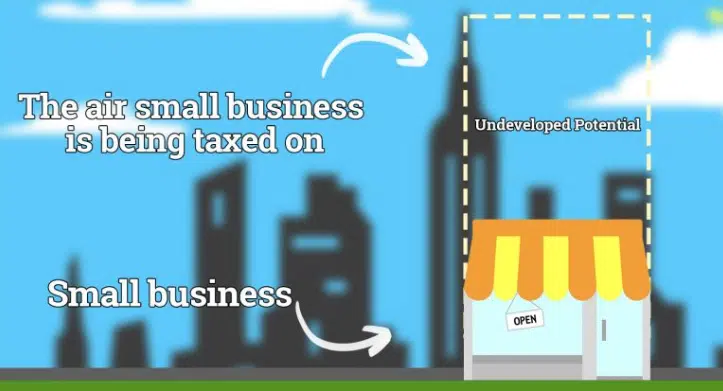
SOUND OFF: NDP inaction sees small businesses taxed to death on the ‘unused airspace’ over their heads
AS URBAN CENTRES GROW — particularly in the Lower Mainland — city densification plans are placing huge pressures on small businesses through dramatically higher property taxes based on the unused air space above their heads. This is resulting in the hollowing out of many neighbourhoods as more and more small businesses make the painful decision to lay off employees and close their doors. Favourite pizza shops, coffee houses and art galleries in communities like Vancouver, Surrey and Coquitlam, to name a few, are disappearing, changing forever the neighbourhoods in question.
The longer the province waits to address this pressing issue, the more businesses we will lose to skyrocketing property taxes. The good news is that a working group – which includes the cities of Vancouver, Burnaby, North Van, Richmond, Surrey, West Van and Coquitlam, among others – has come up with a solution to this problem. These local governments are supported by a broad coalition of stakeholders who wanted to see this solution implemented by the NDP government in time for the 2020 tax year.
The solution proposed is one I introduced as a private members’ bill in the legislature in Victoria last week, and it includes two parts: first, the creation of a new commercial property subclass for the air space above small businesses and other affected organizations; and second, maximum flexibility for local governments to set the property tax rate on this new subclass as they see fit, from zero dollars to just below the existing commercial property tax rate.
I’m proud that this bill would provide for the exact solution that local governments have asked for. It is another tool in their toolbox, one that gives them the opportunity to decide based on the needs of their unique communities whether to use the tool at all – and if they do – to set a tax rate that best addresses their situation.


